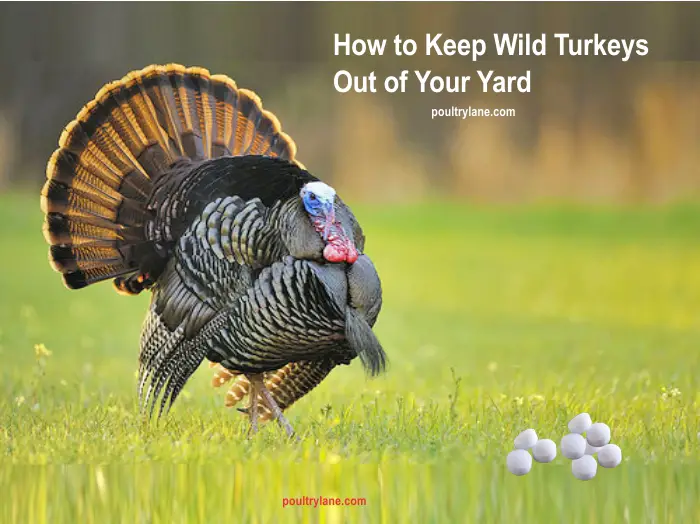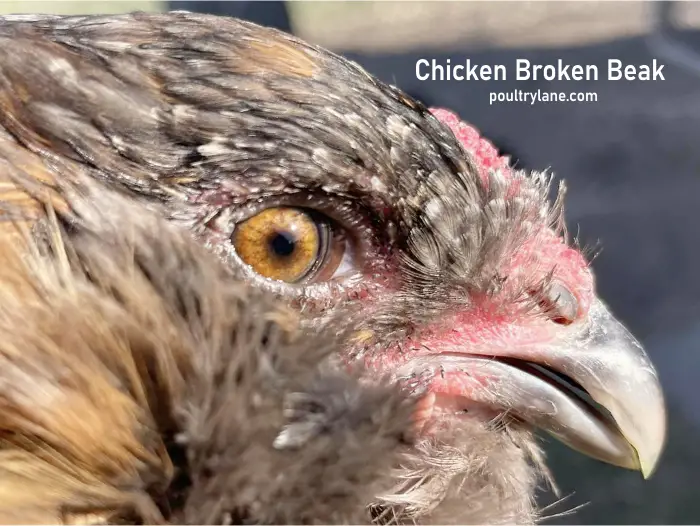Why is My Duck Limping? Causes + What to Do
Ducks add happiness to the flock as they waddle around and play with water. However, this happiness is curtailed if the ducks are limping. Like other animals, ducks can also get injuries or infections in their feet, thus developing mobility challenges. Have you noticed that your duck is limping? Or does the duck prefer to … Read more

